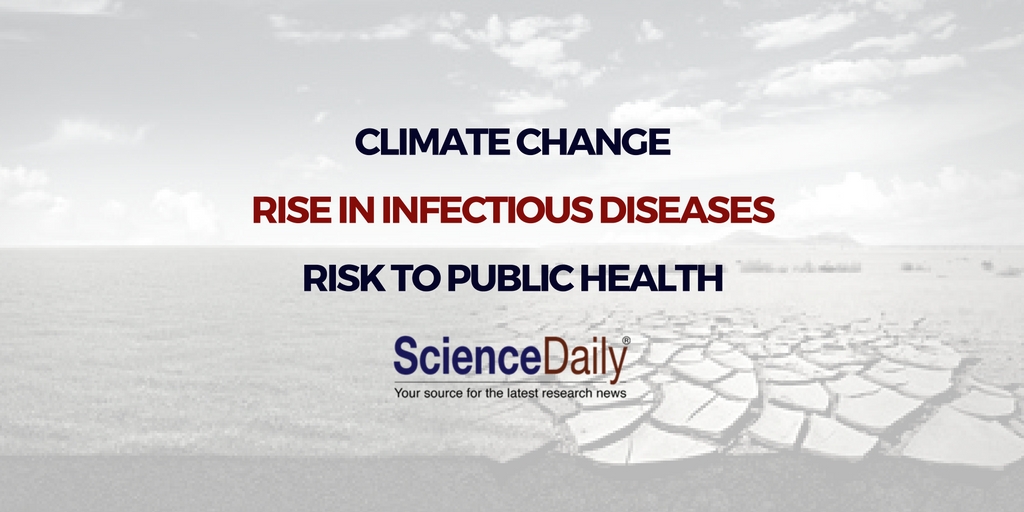
Rising rates of diseases caused by ticks, fleas, and mosquitoes, such as Lyme disease, Chikungunya, and Zika, must be addressed by health officials.
A new study released by George Washington University Milken Institute School of Public Health suggests that national experts and those responsible for safeguarding public health must take climate change into account. Flooding due to rising ocean levels. Debilitating heat waves that last longer and occur more frequently. Rising rates of diseases caused by ticks, fleas, and mosquitoes, such as Lyme disease, Chikungunya, and Zika. Increasing numbers of Emergency Room visits for asthma attacks due to higher levels of ground-level ozone. Impacts of climate change such as these will affect cities across the country.
One of the first efforts to systematically assess how cities are preparing for climate change shows that city planners have yet to fully assess their vulnerability to climate change, leaving serious risks unaddressed. In their evaluations to-date, they see infrastructure and risks to specific human populations as the primary areas of concern. Despite these concerns, expert assessments of urban climate vulnerability often do not address the real risks that local planners face.
Read entire
article. Read more about how climate change can impact Lyme disease
here.
